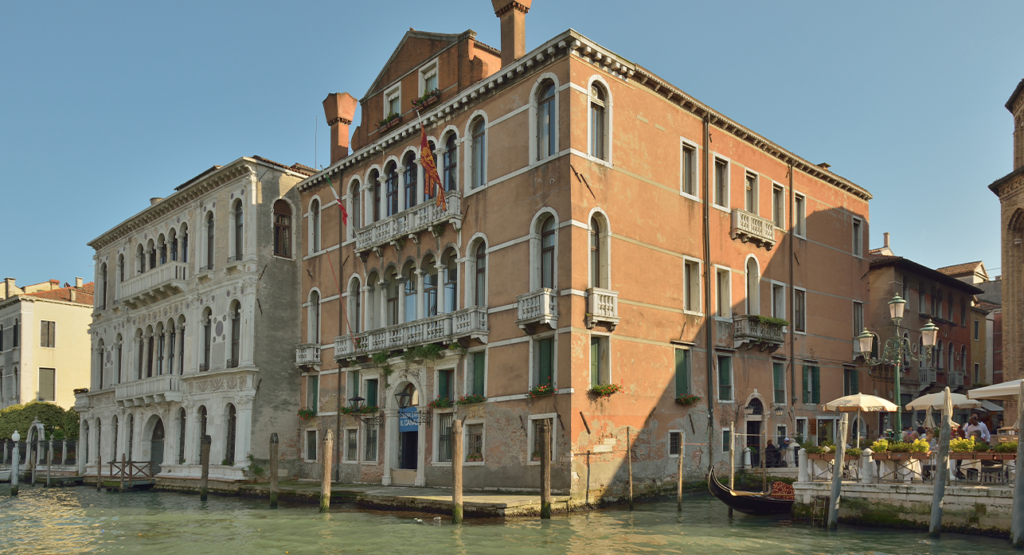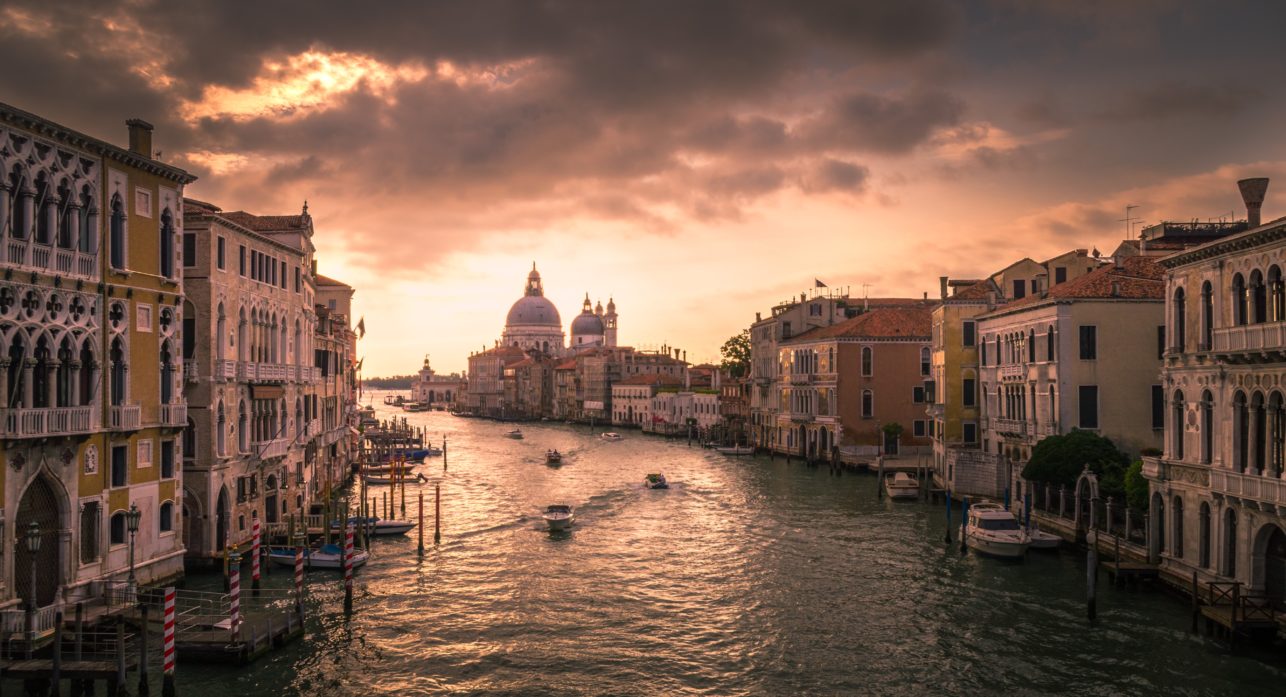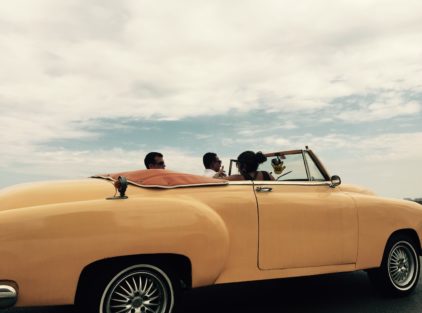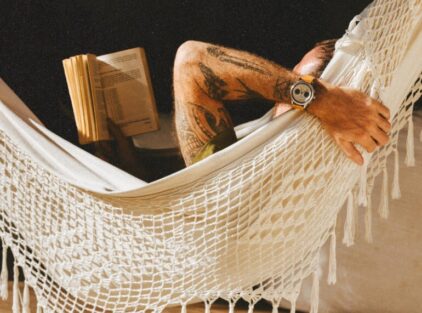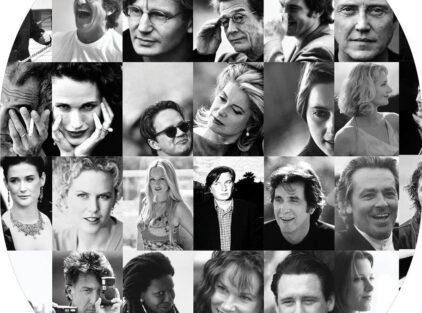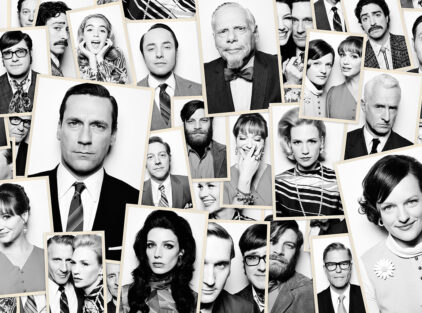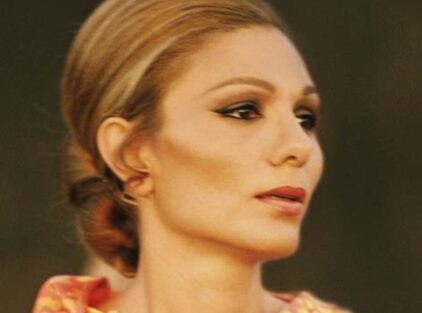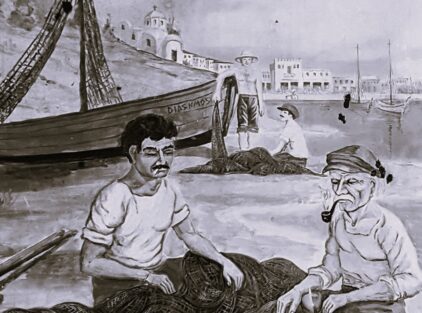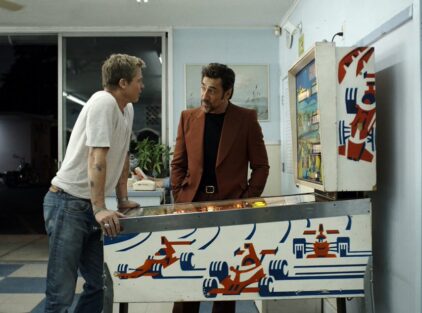Photo credit : Courtesy Unsplash
Photo credit : Courtesy Unsplash
You don’t become a member here; no matter what you do… you’re just born!
by Hesperia Iliadou de Subplajo
I sit very attentively in the seat I have been given. I worry if I remember everything I should do or rather not do, what I should say if someone speaks to me, how I should sit, if hands should rest on the table or not, at what time I should put the towel on my knees and when I will be able to touch the cutlery.
The cutlery is silver, as are the plates and the sous verre/ sotto bicchiere better because we are in Italy, silver and this is engraved with our initials and our family crest.
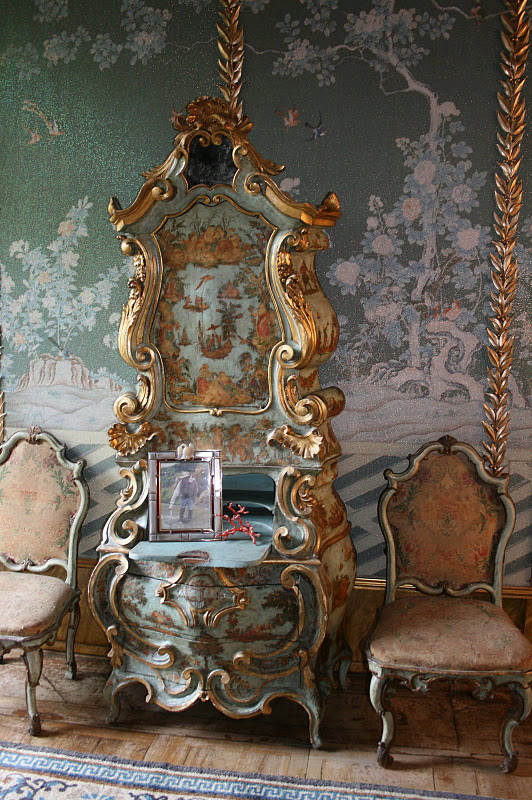
The gentleman next to me is a conte and happens to be the husband of the great-granddaughter of the beautiful and famous empress Sissy, that of Achillion in Corfu, while across from me sits someone whose last name is accompanied by the prefix “of Astypalea”, while to my left sits Baron Franchetti. I am at palazzo Brandolini Rota on the Grand Canal, for dinner at the Circolo Società dell’ Unione of Venice, where the surname replaces a title of nobility followed by a place name, which in the case of Venice is very often Greek. Each greeting is accompanied by a small bow. I always remember to offer my hand. Here they do not greet the ladies with a handshake but with a hand kiss.
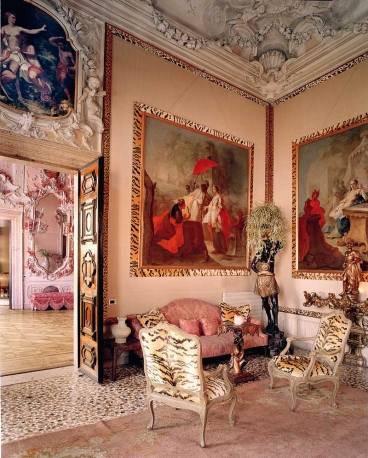
Here table talk ranges from how the Milan stock market closed to whether your ancestor fought mine in the 4th Crusade in 1204, and whether you have your hunting jacket made by the same tailor as Charles III. In our case, as one of the oldest families of Cortina, with a duchy in Cortina d’Ampezzo in 1307, a tradition of sailing classic boats, it concerns what we failed to save Cortina in 1494 from Maximilian of Austria and what sails had Agnelli on his sailboat. The gentlemen at the table are diplomats, businessmen, academics, industrialists of the Veneto, more often big lawyers, and very rarely ever doctors or engineers.
Only the male offspring of the families included in the city’s nobility register have the right to be here. This record comes from the coupling of two “books”, the golden libro d’oro della nobilta, which is based on the silver book, libro d’argento, which records the first families of the nobles of the city from 1315. Within these include all the names of those who have Circolo Società dell’ Unione di Venezia.
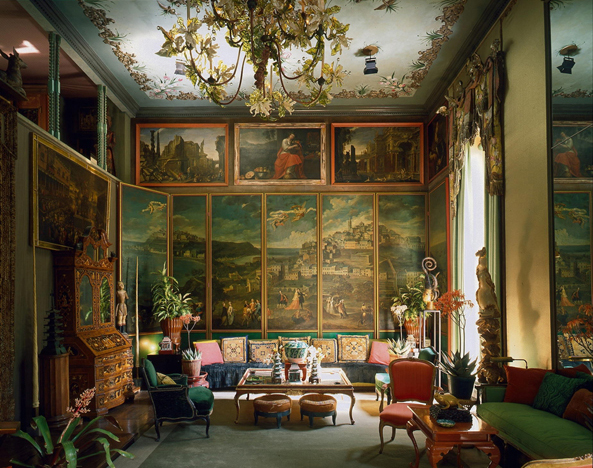
A centuries-old tradition is preserved even after the “fall” of the Queen of the Serenity and the kingdom of Italy, with the record of the nobles being kept since 1869 in Rome, in the institutionalized list since then, consulta araldica del Regno d’ Italia where the coats of arms are also recorded of each family. But the club of the nobles of Venice is proud of the historical tradition that makes it one of the oldest and most historic in Italy. An institution that originally had an administrative character and gathered the political rulers of the city of Venice and its colonies from Croatia, the Morea, the Aegean to Cyprus, the Circolo Società dell’ Unione di Venezia., is still a center of decisions that define and they define the business activity of Veneto and Northern Italy, since here all the who’s who of the boards of directors of the largest business organizations, the directors of cultural institutions and main players of the background of political life gather here.
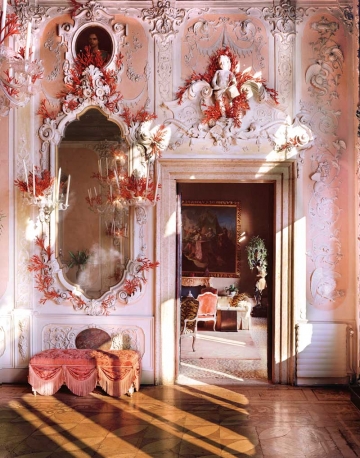
With the same name, Circolo dell’ Unione, there are corresponding clubs of nobles in the other big cities of Italy, in Milan, Florence, Rome, and Naples. Their members always know each other and are bound by ties both family and professional that have a history of centuries and continue to strengthen. A favorite gathering away from the salons of the city is the deck of a sailboat, almost always historic, and the participation in the group that every circolo has, sailing in the Aegean, or participation in the Regates Royales institution in Cannes. If you are a member of one of these exclusive circles, you automatically have the right to enter and participate in the activities of the other clubs in Italy and abroad, with those in London and Vienna being the most popular for Venetians. Not only simple gathering places, they are also places of hospitality, reinforcing the idea of a historical brotherhood of the few and elite, which remains unchanged throughout the centuries. So if you visit London you can stay there: a luxury suite in a hotel can be bought by anyone, a room in such a place is offered for free, it cannot be bought and remains the privilege of the few, very few.
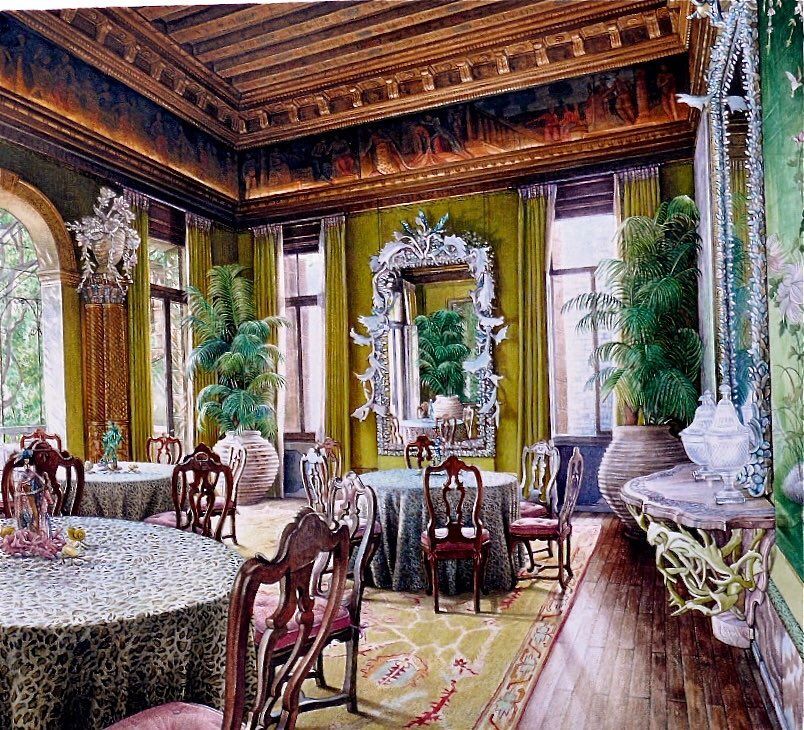
Difficult for sure but always an almost cinematic atmosphere here at the Circolo Società dell’ Unione in Venice for a newcomer. It does not match the soft colors of silk damasco on the walls, nor with the airy Murano chandeliers on the painted ceilings. With the typical floor plan of a Venetian palace, the space has a large central living room, which is surrounded by smaller rooms dedicated to different activities. The large glass window overlooks the Grand Canal and up to Salute and St Marco. The place for conversation with the deep velvet sofas, the place for cards, the favorite burraco of the Venetians with the small tables, and the green with gold leaf rococo chairs. It’s a thoroughly masculine space, with a smell of cigars and tweed in the winter, changing to the scent of crisp linen when the piano Nobile’s windows to the Grand Canal are closed.
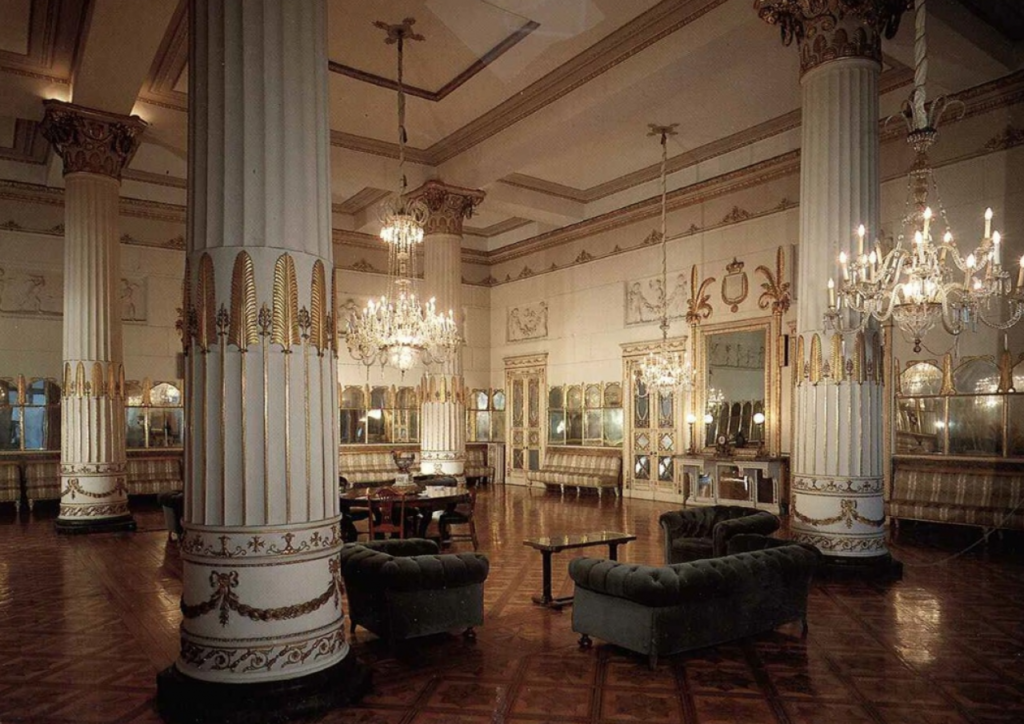
Here as a woman, you cannot be a member, even if you belong to one of the families that are accepted based on the nobility records of the city of Venice. There are only certain days, and certain special occasions, when you are allowed to cross the threshold of the palazzo as a woman, accompanied, as I am today, always by the titular husband, father or brother. But even on these days, or nights, you are not allowed access to all areas, which remains absolutely a male privilege. Something that is never going to change because they just tell you tradition wants it that way.
And in such a space, tradition counts more than anything else.
So where in order to be you can only be born like this and you can never simply become… unfortunately!
